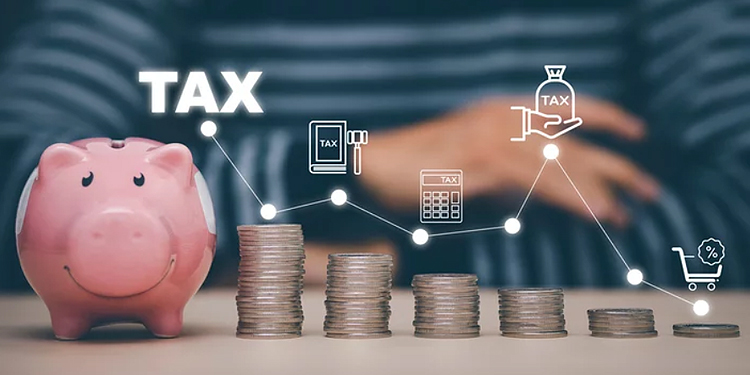The taxation of forex trading in the UK may be a complicated issue. In a “grey area” where tax repercussions and trading operations overlap, traders must make decisions. The three main variables are trader categorization, instrument type (CFDs or spread betting), and individual financial conditions. Determining tax responsibilities while trading forex in the UK requires understanding these aspects. A professional opinion is advised owing to the situation’s complexity and probable difficulties in getting assistance from HMRC. The complexities of taxation on forex trading in the UK will be examined in this article, illumining the subtleties that traders must consider for compliance and monetary success.
Determining Your Trader Type
Finding your trading type is the first step in calculating your tax liability. Are you an investor or a speculator/gambler? Without a reliable strategy or technique, speculators and gamblers participate in forex trading as a supplementary source of income. Any additional income from forex trading would be considered secondary and tax-free for a gambler or speculator in the UK. On the other hand, investors treat forex trading like a business and rely on it as their main source of income. If you fall under the investor group, your forex trading profits may be liable to taxation based on income, capital gains, or corporation tax. Remember that defining your trader type is crucial to determining your tax obligations while trading in the UK.
Understanding the Instruments: Spread Betting and CFDs
Tax implications for forex trading in the UK also heavily depend on your trading instruments, such as spread betting or CFDs. Spread betting is an easy approach to trade in which you put bets in the direction of the price. Spread betting is free from capital gains tax in the UK since it is categorized as speculating or gambling. As a result, spread betting winnings are often not subject to taxation.
Contrarily, trading CFDs (Contract for Difference) is more difficult. With CFDs, you size your trades based on lots and the underlying instrument of the contract. Contrary to spread betting, CFD trading is typically viewed as capital in nature and is thus taxed on capital profits. When trading CFDs, it is important to consider the currency conversion implications when calculating your profit or loss, as your broker may impose additional fees for currency conversions.
Analyzing Personal Financial Circumstances
A thorough examination of one’s financial situation is the deciding element in assessing tax obligation for FX trading in the UK. HMRC takes into account several factors when determining a person’s tax obligations:
- Existing tax obligations: Your current tax obligations for other kinds of income will influence how your forex trading profits are taxed.
- Salary band: The tax rate applied to your forex trading gains will depend on your yearly earnings, whether greater than or less than GBP 50,000.
- Business structure: The taxation of your forex trading gains may vary depending on whether you are a limited business, corporation, or self-employed trader.
- Employees: If you use staff in your trading operations, their contribution and effect on earnings will be considered.
- Trading activity: The frequency, size, and length of your trades will all be taken into consideration when calculating your tax due.
It is important to remember that HMRC may view your forex trading income differently, even if you are certain of how they should be taxed as a UK citizen. Getting expert guidance from an accountant or tax counselor is strongly advised, especially if your situation is complex. Furthermore, saving money for prospective tax liabilities guarantees you will be ready for a tax bill.
The Bottom Line: Tax Considerations for Forex Trading in the UK
In summary, several variables affect the tax consequences of forex trading in the UK, including the trader’s categorization, the type of instruments exchanged, and individual financial circumstances. Profits from spread betting are often tax-free, while profits from trading CFDs are taxable as capital gains. However, individual circumstances might affect tax obligations. Therefore, it’s crucial to have expert counsel.
It is important to note that the UK has favorable tax policies for forex dealers compared to other countries. However, HMRC maintains a balanced approach and works to avoid forex trading losses from canceling out revenue from other sources. Forex traders may efficiently navigate the tax environment and maintain compliance with UK tax legislation by being aware of the challenges and getting professional advice.
